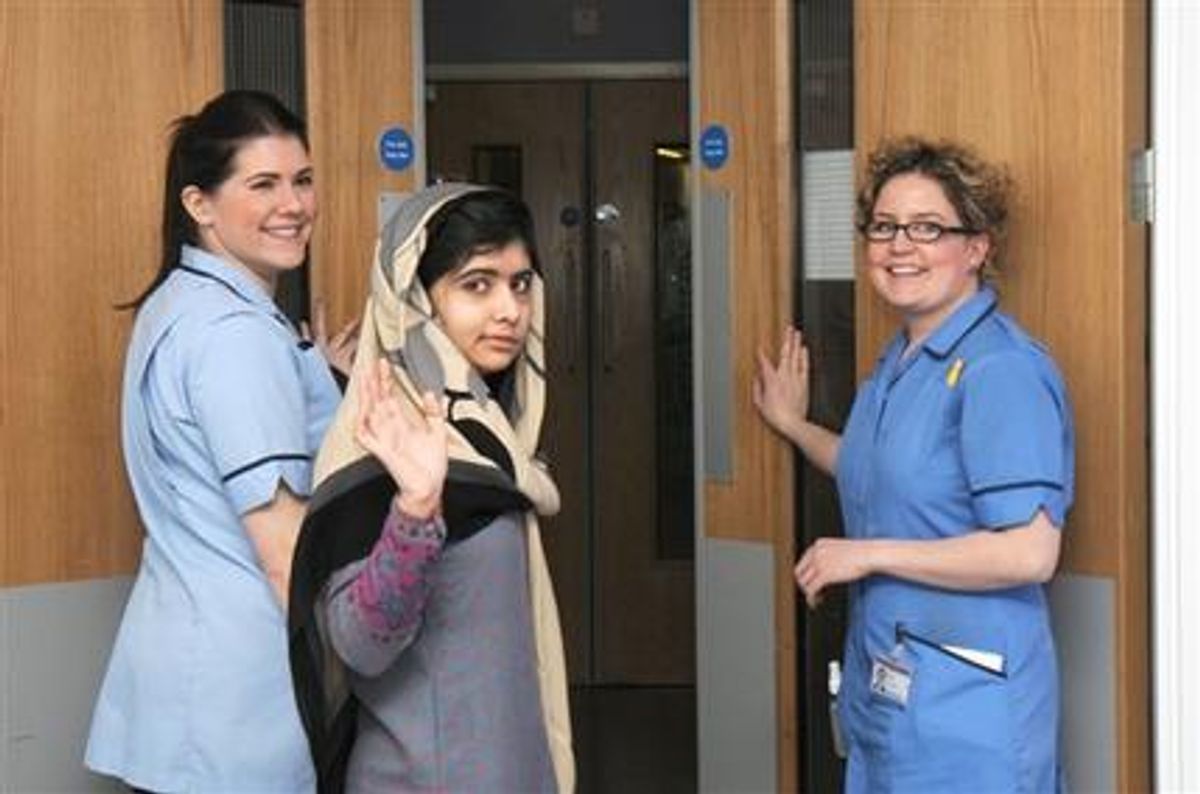Three peace prize laureates — South African Archbishop Desmond Tutu, Mairead Maguire of Northern Ireland and Adolfo Perez Esquivel from Argentina — insisted the prize money of $1.2 million should not have been paid out in 2012 because they said the EU contradicts the prize’s values because it relies on military force to ensure security.
The nomination period for 2013 ended on Feb. 1. The previous record of 241 nominations was in 2011.
Kristian Berg Harpviken, the director of the Peace Research Institute Oslo, and a prominent voice in the Nobel guessing game, listed Yousafzai as his favorite for this year’s award, followed by the Congolese physician and gynecologist Denis Mukweg — a leading figure in the fight against sexual violence worldwide — and three Russian female human rights activists: Lyudmila Alexeyeva, Svetlana Gannushkina and Lilya Shibanova.
None of Harpviken’s favorites have won the prize since he started guessing in 2009.
The Nobel Prizes also include awards in medicine, physics, chemistry and literature. A sixth award, the Nobel Memorial Prize in Economics, was created by the Swedish central bank in 1968 in memory of prize founder Alfred Nobel.
The winners are usually announced in October and the awards are always presented on Dec. 10, the anniversary of Alfred Nobel’s death in 1896.
The peace prize is awarded in Oslo, while the other Nobel Prizes are presented at ceremonies in the Swedish capital, Stockholm.
Last year, the Nobel Foundation decided to reduce the prize money of each of the six awards by 20 percent to 8 million kronor ($1.2 million) to help safeguard its long-term capital prospects.



Shares